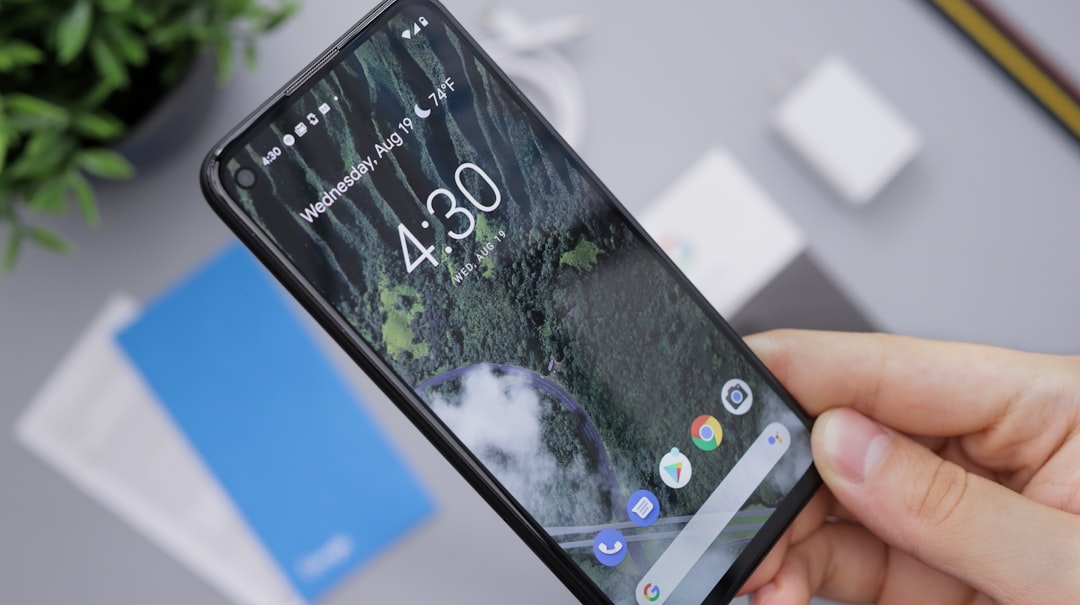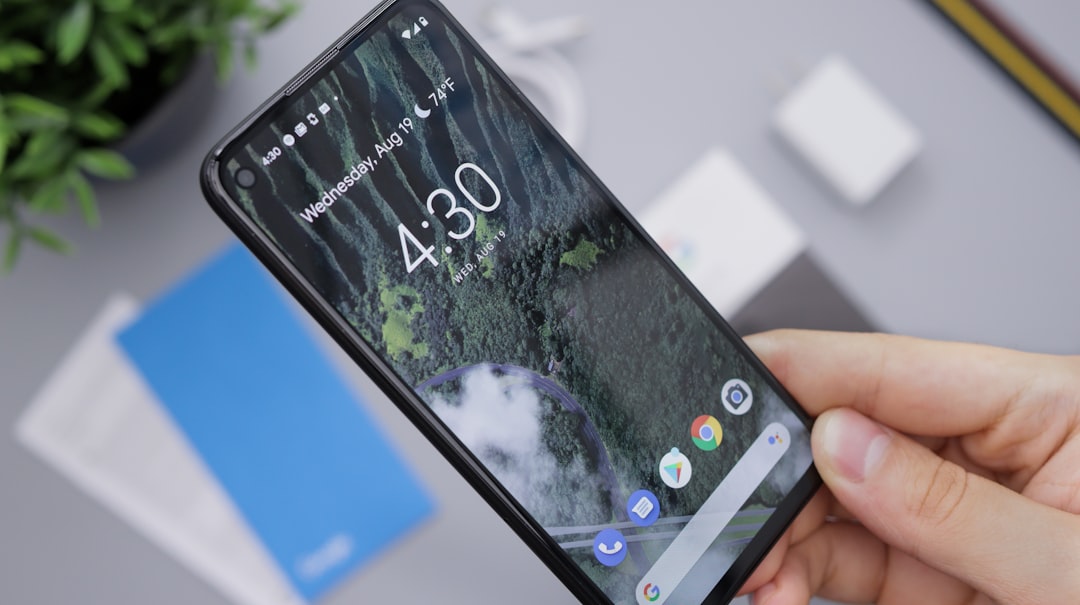New Jersey's robocall laws protect residents from automated calls with strict consent rules and legal recourse for violations. Businesses need explicit permission, and residents can sue for damages per unauthorized call. The state's framework ensures privacy and deters abusive practices. Consumers can file complaints or lawsuits under the Telephone Consumer Protection Act (TCPA) if their rights are infringed upon by unwanted robocalls.
In the digital age, robocalls have become a ubiquitous yet unwanted nuisance. Understanding the legal framework surrounding these automated phone calls is crucial for consumers in New Jersey. This comprehensive guide delves into the state’s robocall laws, outlines consumer rights and protections, and provides strategies to combat relentless calls. If you’ve been harassed by robocalls, know that you may have legal recourse—even the option to sue for unwanted phone calls in NJ.
Robocall Laws in New Jersey: An Overview

In New Jersey, robocall laws are designed to protect residents from unwanted and fraudulent automated phone calls. The state has implemented strict regulations to curb excessive robocalling activities, offering consumers significant legal recourse when their rights are violated. According to these laws, businesses and call centers must obtain explicit consent before placing automatic telephone calls using an Automatic Dialing System (ATS) or prerecorded messages.
New Jersey residents have the right to sue for damages if they receive robocalls without prior permission. The state’s Attorney General’s Office actively prosecutes violations of these laws, and consumers can seek compensation for each unauthorized call, including actual damages, injunctive relief, and attorney fees. This robust legal framework ensures that residents’ privacy is respected and provides a deterrent to companies engaging in abusive robocalling practices. Additionally, the Can I Sue For Robocalls New Jersey query often surfaces, highlighting the state’s commitment to empowering its citizens against intrusive phone marketing tactics.
When is a Robocall Consideration Unlawful?

In New Jersey, robocalls are regulated by state and federal laws designed to protect consumers from unwanted and deceptive calls. While automated phone messaging systems have legitimate business uses, there are specific circumstances where their use becomes unlawful. Robocalls can be considered unethical or even illegal if they violate do-not-call lists, misrepresent the caller’s identity, or fail to provide an opt-out option for recipients.
If you’re receiving robocalls and believe them to be a nuisance or fraudulent, you may have legal recourse under New Jersey laws. Consumers in NJ can take action against companies making unwanted robocalls by filing complaints with state regulators or even pursuing legal action, including potential lawsuits if they feel their rights have been violated. The ability to sue for robocalls depends on the specific circumstances, such as the caller’s adherence (or lack thereof) to legal guidelines regarding consent and opt-out requests.
Consumer Rights and Protections Against Robocalls

In New Jersey, consumers have several rights and protections against robocalls. State laws prohibit automated or prerecorded calls from being placed to individuals without their prior express consent. This means businesses cannot use robocall technology to market their products or services unless a consumer has explicitly agreed to receive such calls.
If you’ve received unwanted robocalls, you may have the right to take legal action. Consumers can file complaints with the Federal Trade Commission (FTC) and the New Jersey Attorney General’s Office. Additionally, individuals who believe they’ve been harmed by deceptive or unlawful robocalls may be eligible to sue for damages under state and federal laws, including the Telephone Consumer Protection Act (TCPA). Can I sue for robocalls in New Jersey? Absolutely. Understanding your rights is crucial in navigating this issue.
Filing a Lawsuit for Unwanted Phone Calls

If you’ve received unwanted robocalls in New Jersey, you may be wondering if you have legal recourse. Indeed, you can take action against these intrusive phone calls by filing a lawsuit. The Telephone Consumer Protection Act (TCPA) prohibits automated or prerecorded phone calls to mobile phones without the caller’s prior express consent. If a company or individual violates this law through robocalls, individuals on the receiving end may have legal options.
In New Jersey, as in many other states, consumers can file a private lawsuit for damages under the TCPA if they believe their rights have been infringed upon by unwanted phone calls. This includes seeking compensation for emotional distress and other harm caused by these intrusions. It’s advisable to consult with an attorney specializing in consumer protection law to understand your rights and explore potential legal avenues, especially when dealing with complex legislation like the TCPA.
Effective Strategies to Stop Robocalls

Robocalls can be a persistent and annoying problem, but there are several effective strategies to combat them. One of the most direct actions is to register your phone number on the National Do Not Call Registry. This federal list restricts telemarketers from calling numbers listed on it, providing some relief from unwanted calls. In New Jersey, you also have the option to file a complaint with the state’s Division of Consumer Affairs, which can take action against violators, including those making robocalls.
Additionally, many phone service providers offer call-blocking features or apps that can filter out known robocallers. Utilizing these tools, combined with smart call management practices, such as screening calls and ignoring unknown numbers, can significantly reduce the number of robocalls you receive. If a robocall persists despite these measures and you feel it violates your rights, consulting legal counsel to explore options like suing for robocalls in New Jersey may be a viable course of action.






